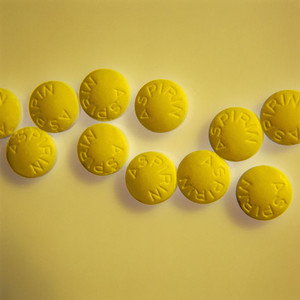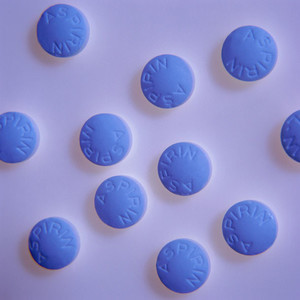Bayer has lost its appeal to the Indian Government’s decision to grant a compulsory licence for its cancer drug Nexavar (sorafenib).
In March 2012, India issued a compulsory licence to India-based generics firm Natco Pharma (Natco) enabling them to produce generics of Germany-based Bayer’s cancer drug Nexavar (sorafenib) [1], claiming the price made it unaffordable for many patients. Bayer had been selling the drug in India for Rupees 284,428 whereas the compulsory licence allows Natco to sell the drug at a price not exceeding Rupees 8,880 for a pack of 120 tablets (one month’s therapy).
Bayer had been appealing the Indian Government’s decision, arguing that the compulsory licence should be withdrawn because a generic version of Nexavar is already sold in India by Cipla–in breach of the patent–and therefore there is already a low-cost alternative available.
An Indian patents board (Intellectual Property Appellate Board), however, on 14 September 2012, rejected Bayer’s appeal to block generics from Natco, stating that any delay would ‘jeopardise the interests of the public who are in need of the drug’. The board added that ‘it is the duty of patentee that its own supply be made available at [a] reasonable price to the requirement of the public’. The board also declined to discuss Bayer’s charge that Natco was exporting the drug to Pakistan and China, noting that the allegation was denied by Natco.
‘We are disappointed with the decision of the Intellectual Property Appellate Board to reject the stay petition on the compulsory licence granted to Natco for Nexavar,’ a Bayer spokesman in India told Reuters. Although the stay petition is dismissed, the main matter is still pending, according to Bayer, leaving a small chance of reprieve for Bayer.
The news was welcomed by the International humanitarian medical organisation Médecins Sans Frontières (MSF), which has attacked Bayer in the past for its actions, accusing the pharma giant of restricting access to medicines for the poor. ‘This decision once again affirms that governments can and should act in the interest of public health to bring the price of patented medicines down,’ Ms Leena Menghaney, a manager in New Delhi for MSF told Reuters.
The decision is indeed good news for patients in India. According to Natco, in India at least 100,000 people suffer from different types of renal cell carcinoma and hepatic cell carcinoma, which sorafenib is designed to treat. Further, every year, 30,000 new patients are diagnosed with both these diseases and nearly 24,000 patients die. Sorafenib can extend the life of kidney cancer patients by four to five years and in liver cancer patients by six to eight months, but only if patients have access to the medicine at prices they can afford.
Related articles
India’s patent laws coming under repeated challenges
Bayer opposes sorafenib compulsory licence in India
PhRMA speaks out against compulsory licensing in India
Reference
1. GaBI Online - Generics and Biosimilars Initiative. Indian government issues first compulsory licence [www.gabionline.net]. Mol, Belgium: Pro Pharma Communications International; [cited 2012 Oct 5]. Available from: www.gabionline.net/Generics/General/Indian-Government-issues-first-compulsory-licence
Permission granted to reproduce for personal and educational use only. All other reproduction, copy, retransmission or reprinting of all or part of any ‘Content’ found on this website is strictly prohibited without the prior consent of the publisher. Contact the publisher to obtain permission before redistributing.
Source: Reuters, The Hindu








 0
0











Post your comment